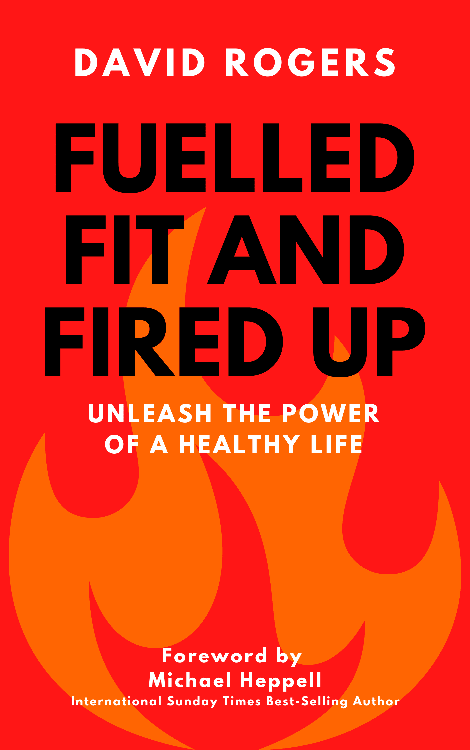
Brain Fog
Ever feel like you are experiencing brain fog?
Where the simplest of tasks feels strangely difficult or making a decision is a struggle?
Feeling disconnected from everything that’s going on around you probably sounds familiar, as if you’re living in a dream world underpinned by increasing stress levels. Many of us will have experienced burnout. Some will be on the brink without even realising it.
What I’m describing isn’t a destructive breakdown but a sense you are wading waist-deep in mud and is often down to cognitive fatigue.
So, what is it? Why does it happen? And what can you do to prevent it?
What is Cognitive Fatigue?
Cognitive fatigue is a form of tiredness, not caused by physical exertion but by mental exhaustion.

It occurs when you are thinking or processing information for a prolonged period of time, such as writing a newsletter, reading a book, or working through a business challenge. Whenever your brain gets constantly immersed in completing tasks, you’re at risk of developing cognitive fatigue, and at this point, even the simplest of actions can become impossible.
In a world where technology rules our lives, the demand for our brain power has never been greater. And as a result, we are less able to ignore distractions, take increased time to complete tasks, and lose our creative thinking. Our ability to resolve challenges wanes as our ability to process and absorb important information reduces.
Our brains have become exhausted like our bodies become tired after extensive exercise. You can make more sense of cognitive fatigue when considering it this way.
Simple Signs of Cognitive Fatigue
Lapses in concentration, forgetfulness, and being easily irritated are all signs that you are experiencing cognitive fatigue. You might exhibit more physical symptoms, such as headaches, tension, or an elevated heart rate. It may even affect your sleep, reducing your ability to think even further.
Why does Cognitive Fatigue happen?
Cognitive fatigue happens when we overcommit and pack too much into too short a time. The pressure to complete everything builds, and with no time to relax and unwind, our energy levels drain. Just like the battery on our mobile phone as we try and keep up with life.
Some factors can influence the risk, both positively and negatively, of reaching cognitive fatigue.
1. The volume and difficulty of the tasks
2. The time given to complete them
3. The effort and motivation required
And it is crucial to recognise that cognitive fatigue is not the same as sleepiness, with evidence, perhaps counterintuitively, suggesting that the two are unlinked. One explanation is being ‘in the zone’ when firing on all cylinders to manage a demanding task. All this effort creates a belief we are wide awake. But mentally, we are tired.

But it is not just our work that provides mental strain as we have the admin of life to consider too. Making plans, transporting the kids to events, or clearing our notifications start to add up, and because they don’t seem like ‘proper’ work, we don’t feel the need to rest and recover after them.
Everything you do adds to your cognitive load and moves you closer to mental fatigue.
What action can you take to reduce the risk of Cognitive Fatigue?
The first action is to recognise that cognitive fatigue is real.
The second is to stop feeling like a failure if you struggle to stay on top of everything. Reach out for help because trying to power through will accelerate cognitive fatigue. And increase the risk of a more catastrophic outcome.
Give yourself more time complete key activities, whether at work or home, reducing the stress and pressure on finishing the task and the subsequent fatigue it brings. It also limits the risk of over-commitment as you don’t have the time to take on more things.
Finally, ensure you eat well, move well, and sleep well. And reevaluate your lifestyle to build in time to truly relax and recharge as the pressures of the modern world result in us failing to cater to our needs. We must direct our energy into looking after ourselves first.
Take cognitive fatigue seriously, and recharge those batteries.
You wouldn’t leave your mobile phone at 1%!
Have a brilliant week!
Dave Rogers, Chief Business Explorer, Fuelled Fit and Fired Up Ltd



